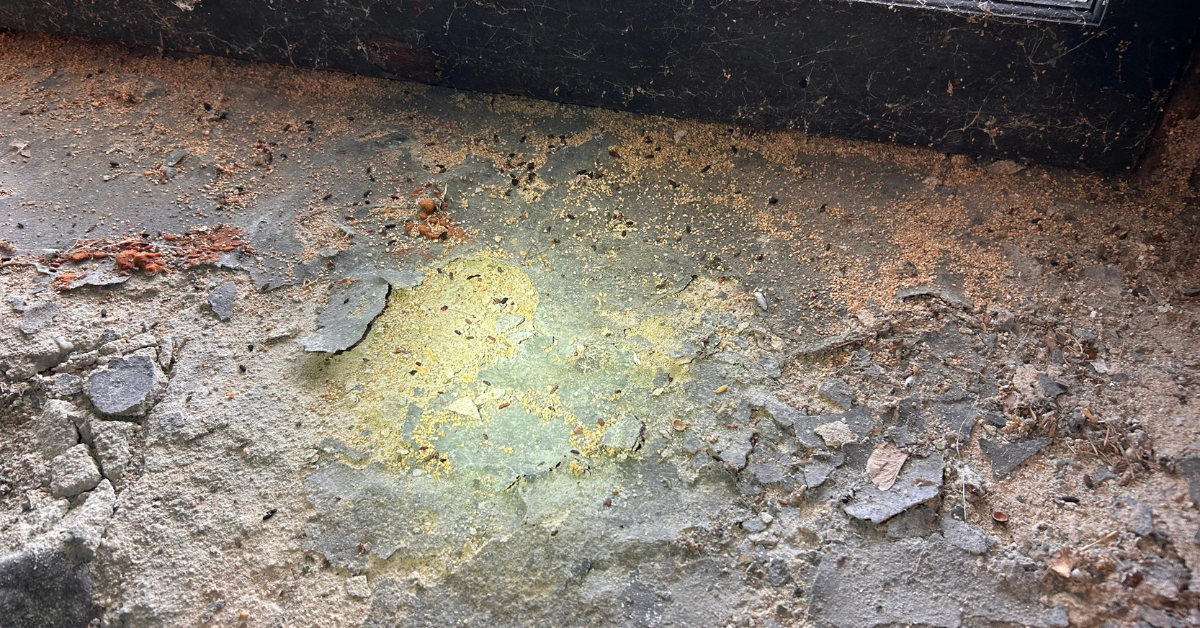The Buzz About Mosquitoes: How Pest Control Can Protect Your Family's Health
For most people, a mosquito bite is an expected, if annoying, result of spending time outdoors in the summer. Female mosquitoes need blood (either from animals or humans) to produce eggs. For the record, male mosquitoes do not bite, and the primary source of nourishment for either gender is plant nectar.
When a mosquito does bite you, it sucks out blood while simultaneously injecting saliva into your skin. Your body’s reaction to the saliva causes the bump and itching. Some people are more sensitive to bites, experiencing an allergic reaction to the saliva. Babies and children are at higher risk for allergic responses to mosquito bites. People with suppressed immune systems may also react adversely, with these signs:
- A large area of swelling and redness
- Hives
- Swollen lymph nodes
- Fever
If you are bitten, wash the affected area with soap and water. If you react, these remedies may help with discomfort:
- Apply an ice pack.
- Use a paste of baking soda and water to reduce the itchiness.
- Use an antihistamine cream (also called an “anti-itch agent.”)
- Don’t scratch the bite (Mom was right again; scratching can lead to an infection around the bite area.)
What about diseases?
While the risk of contracting a severe disease via a mosquito bite is small, it does happen. Mosquitoes in the Albany and Capital regions carry West Nile Virus and Eastern equine encephalitis (EEE). EEE is very rare but extremely serious. There have been only five recorded cases in NY state since 1971 (all in Onondaga and Oswego counties), but each was fatal.
West Nile Virus is more common but still unusual. There have been fewer than 500 cases in the state over the last 25 years, resulting in fewer than 40 deaths. Most people do not experience symptoms and are probably unaware they have contracted the disease. Others with mild cases may develop fever, headaches, body aches, and rashes.
How can I avoid mosquito bites?
Mosquitoes love standing water. They lay their eggs in still water, and those eggs can grow into adults in as little as five days. It’s important to know that the water source doesn’t have to be a pond or even a bucket: mosquitoes can breed in the water in a plant saucer or a discarded bottle cap. Protect yourself by eliminating standing water near your home. Other steps to reduce the risk of bites include:
- Using EPA-approved insect repellents
- Wearing long-sleeved shirts and pants
- Treating clothing with repellent
Do I need professional help with mosquitoes?
Seeking the assistance of a pest control expert like Thomas Pest Services can make a huge difference in your ability to enjoy outdoor activities around your home safely. We use an integrated approach to help control the mosquito population in your yard. Eliminating the larvae as well as adult mosquitoes is vital, and the best approach includes ongoing treatment and monitoring. Talk to a mosquito professional today and ask for a free estimate!


.png)
.png)
